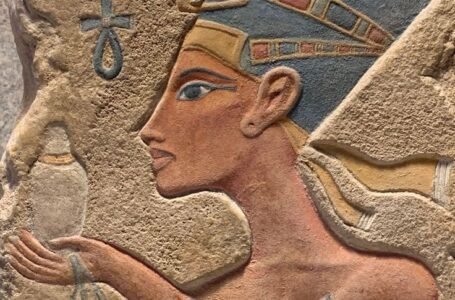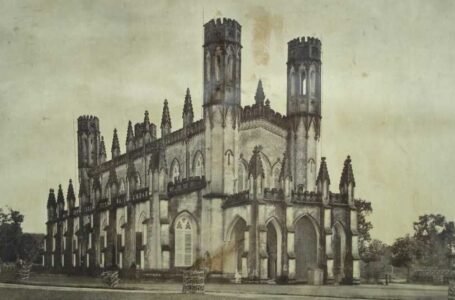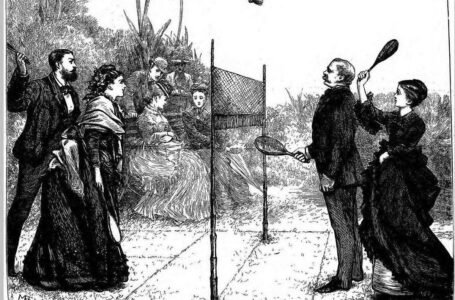Makhanlal Chaturvedi: The Voice of India’s Soul in Literature and Journalism
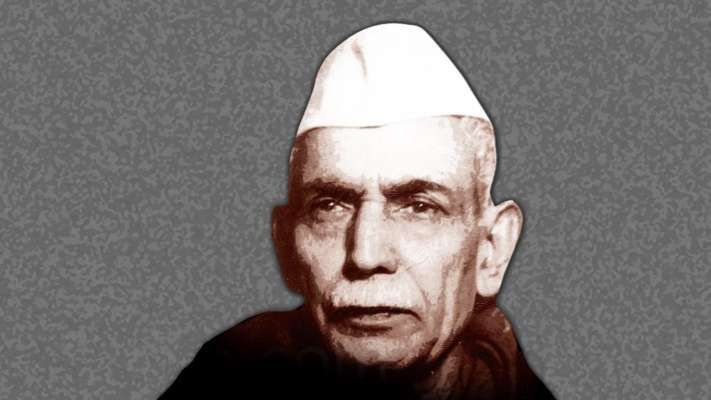
Makhanlal Chaturvedi (1889–1968), a luminary in Indian literature, was a revolutionary poet, writer, and journalist whose works ignited the fire of patriotism during India’s struggle for independence. Popularly known as Panditji, he was not just a literary genius but also a staunch nationalist whose writings blended poetic beauty with the call for social and political change.
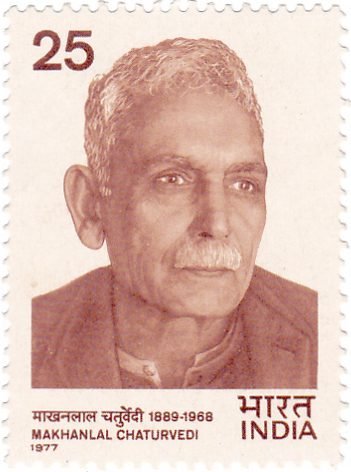
A pioneer in modern Hindi literature, Chaturvedi used his craft to celebrate the Indian ethos, challenge colonial oppression, and inspire selfless devotion to the nation. His poetry, prose, and journalistic contributions remain timeless treasures, reflecting a unique confluence of spirituality, humanism, and nationalism.
This blog explores his life journey, historical significance, literary achievements, notable works, accolades, and enduring legacy.
Early Life and Historical Context
Makhanlal Chaturvedi was born on April 4, 1889, in Babai, a small village in Madhya Pradesh, to a family steeped in cultural and moral values. His father, a teacher, was instrumental in instilling in him the love for knowledge and discipline. Chaturvedi’s early education in local schools laid a strong foundation for his literary sensibilities.
The political climate of the late 19th and early 20th centuries had a profound influence on Chaturvedi. It was a time when India was grappling with colonial rule, and the socio-political fabric of the country was undergoing significant changes. The rise of nationalist movements and leaders like Mahatma Gandhi, Bal Gangadhar Tilak, and Bipin Chandra Pal deeply inspired him.
Chaturvedi joined the freedom struggle, seeing literature and journalism as powerful tools to mobilize the masses. His fiery editorials in newspapers like Prabha and Karmaveer resonated with the common man and posed a significant challenge to British authorities, earning him multiple incarcerations. These experiences fueled his creative genius, infusing his writings with themes of resistance, sacrifice, and resilience.
Literary Contributions
Makhanlal Chaturvedi’s contributions to literature go beyond his role as a poet and journalist. He was a visionary who believed that literature should serve as a medium for social awakening. His works are a mirror to his times, portraying the socio-political struggles of a colonized India and the indomitable spirit of its people.
Transition to Modern Hindi Poetry
Chaturvedi was a leading figure in the Dwivedi Yug, a literary era that emphasized realism and socio-political themes in Hindi literature. Moving away from the romantic escapism of Chhayavad poetry, he introduced a more grounded, nationalist perspective. His language, though simple, carried profound emotional depth and philosophical undertones.

Themes in His Work
- Patriotism: His poems like Pushp Ki Abhilasha (The Desire of a Flower) exemplify his yearning to dedicate his life to the motherland.
- Nature: A lover of nature, Chaturvedi often drew parallels between natural elements and human emotions, creating vivid imagery.
- Humanism and Spirituality: His works celebrate universal human values, promoting harmony and selflessness.
Notable Works
Makhanlal Chaturvedi’s literary repertoire spans poetry, essays, and plays, each reflecting his multifaceted genius and commitment to nationalistic ideals.
- Poetry
- Pushp Ki Abhilasha (The Desire of a Flower): This iconic poem, a staple in Hindi literature, is a metaphor for selfless service. The poet imagines himself as a flower wishing to fall on the path of freedom fighters, symbolizing sacrifice for the nation.
- Him-Tarangini (The Waves of Snow): A collection that celebrates the grandeur of nature while subtly weaving themes of resilience and purity.
- Amar Rashtra: A passionate tribute to the undying spirit of the Indian nation.
- Prose and Essays
Chaturvedi’s essays, written during his tenure as editor of Prabha and Karmaveer, are a testament to his intellectual depth and command over language. They address issues ranging from colonial exploitation to societal reforms. - Plays
Though primarily known for his poetry, Chaturvedi also dabbled in drama. His plays, characterized by poetic dialogues and socio-political commentary, reflect his literary versatility. - Journalism
Chaturvedi’s role as an editor was as significant as his literary contributions. Through platforms like Karmaveer, he fearlessly criticized British policies, earning the admiration of his contemporaries and the ire of colonial rulers.
Achievements and Recognition
Makhanlal Chaturvedi’s dedication to literature and his unwavering commitment to India’s freedom struggle earned him national and international acclaim.
- Sahitya Akademi Award (1954): He received this prestigious honor for his poetry collection Him-Tarangini, lauded for its artistic brilliance and emotional resonance.
- Padma Bhushan (1963): The Government of India conferred this civilian award upon him for his outstanding contributions to Hindi literature.
- Role in Literary Organizations: Chaturvedi was instrumental in founding the Indian Progressive Writers’ Association, which aimed to use literature as a tool for societal change.
His name is immortalized through institutions like the Makhanlal Chaturvedi National University of Journalism and Communication in Bhopal, which continues to inspire budding journalists and writers.
Legacy
Makhanlal Chaturvedi’s legacy transcends the boundaries of literature. As a poet, his works continue to evoke patriotism and inspire readers with their lyrical beauty and philosophical depth. As a journalist and activist, he remains a symbol of courage and integrity, exemplifying the power of the pen in the face of oppression.
His poetry, especially Pushp Ki Abhilasha, is not just a part of academic curriculums but also a cultural symbol of India’s freedom struggle. It is recited at patriotic events and celebrated as a timeless ode to selflessness.
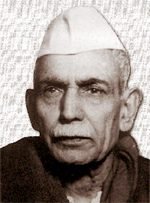
Influence on Future Generations
Chaturvedi’s writings have shaped generations of Hindi writers and poets, inspiring them to explore themes of nationalism, humanism, and social justice. His unique style, blending simplicity with profound thought, set a benchmark for modern Hindi literature.
Memorials and Institutions
- The university named in his honor stands as a testament to his contributions, promoting excellence in journalism and communication.
- Various literary awards and events commemorate his works, ensuring that his ideals and artistic legacy remain alive.
The Enduring Relevance of Makhanlal Chaturvedi
In a world increasingly driven by materialism and individualism, Chaturvedi’s works remind us of the virtues of sacrifice, compassion, and dedication to a greater cause. His writings are a call to reconnect with our cultural roots and ethical values.
Conclusion
Makhanlal Chaturvedi was not just a great author; he was a revolutionary thinker and a beacon of hope for a nation in turmoil. His life, marked by literary brilliance and unwavering commitment to freedom, is a source of inspiration for all.
Through his poetry, prose, and activism, Chaturvedi has left an indelible mark on Indian literature and culture. Celebrating his legacy is not merely about honoring a literary giant but about revisiting the ideals of patriotism, selflessness, and humanity that he so passionately espoused.
As we reflect on his life and works, we are reminded of the transformative power of literature to inspire change, instill hope, and bring people together in pursuit of a common dream.
